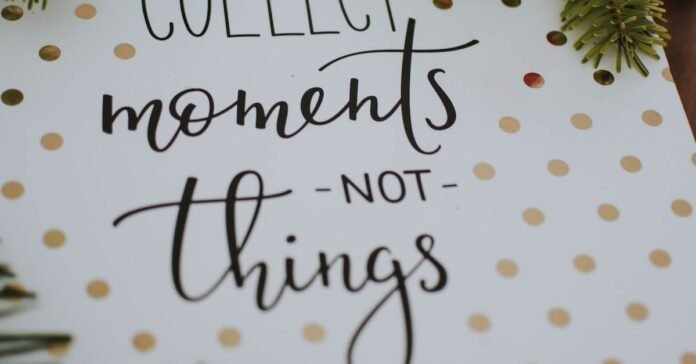Credit cards may make or break you, when it comes to your personal credit. Not only can you use them to help build up a great credit score and secure your future finances. You may also find that irresponsible use can bury you in debt and ruin you. Use this article for great credit card advice.
If you find that you have spent more on your credit cards than you can repay, seek help to manage your credit card debt. It is easy to get carried away, especially around the holidays, and spend more than you intended. There are many credit card consumer organizations, that can help get you back on track.
There are many cards that offer rewards just for getting a credit card with them. While this should not solely make your decision for you, do pay attention to these types of offers. I’m sure you would much rather have a card that gives you cash back than a card that doesn’t if all other terms are close to being the same.
Be sure you sign your cards as soon as your receive them. Lots of merchants make the cashier verify that the signature matches in order to ensure your card is safe.
It is important for people not to purchase items that they cannot afford with credit cards. Just because an item is within your credit card limit, does not mean you can afford it. Make sure anything you buy with your card can be paid off by the end of the month.
It is good credit card practice to pay your full balance at the end of each month. This will force you to charge only what you can afford, and reduces the amount of interest you carry from month to month which can add up to some major savings down the line.
Do not lend out credit cards under any circumstance. Even though a good friend might have a need, it is never a good decision to lend it to anyone. Doing so can cause over-limit charges when someone else charges more to the credit card than you said he could.
Fully read the disclosure statement before you accept a credit card. This statement explains the terms of use for that card, including any associated interest rates and late fees. By reading the statement, you can understand the card you are choosing, in order to make effective decisions when it comes to paying it off.
Students who have credit cards, should be particularly careful of what they use it for. Most students do not have a large monthly income, so it is important to spend their money carefully. Charge something on a credit card if, you are totally sure you will be able to pay your bill at the end of the month.
We all know what it’s like. These solicitations often arrive in your mailbox offering you a credit card with their company. You might be looking for a new card, but then again, you might not. When you throw out the mail, rip it into small pieces. Never just throw it in the trash can, because sometimes such offers include personal data.
Understand that the credit card interest rate you currently have is always subject to change. Credit card companies are competitive and can change their interest rates if they wish. If your interest rate is high, call your credit company and see if they will change it before you switch to a new card.
It is wise to refrain from giving a credit card to a child. It is best to let children wait to get credit cards until they reach the age of 18, or when they can get their own. Instead, consider opening them a checking account and giving them an allowance. This will help them learn to manage a small amount of money so that they will be ready to manage a credit card when the time comes.
Do not use your credit cards to pay for gas, clothes or groceries. You will find that some gas stations will charge more for the gas, if you choose to pay with a credit card. It’s also not a good idea to use cards for these items because these items are things you need often. Using your cards to pay for them can get you into a bad habit.
When you open a credit card account, try to keep your account open for as long as possible. You do not want to switch to different accounts unless it is absolutely necessary. Your credit score benefits from a lengthy, positive account history. Part of having good credit is keeping the accounts open.
As mentioned earlier in this article, credit cards can make or break you and it is up to you to make sure that you are doing all that you can to be responsible with your credit. This article provided you with some great credit card advice and hopefully, it will help you make the best decisions now and in the future.




